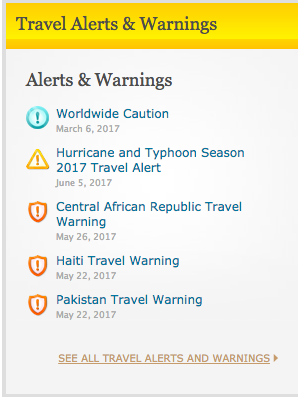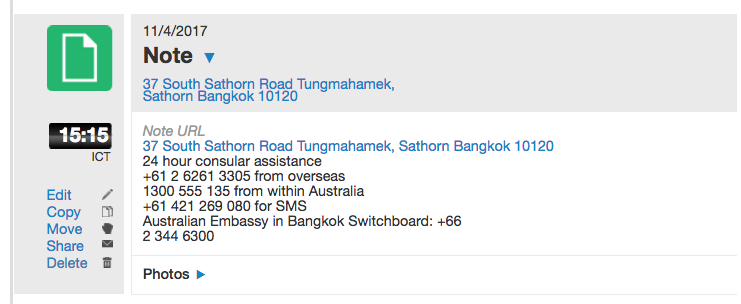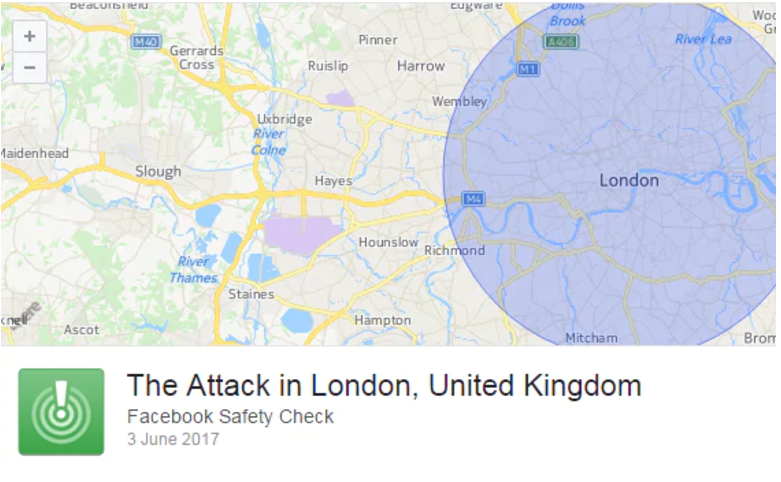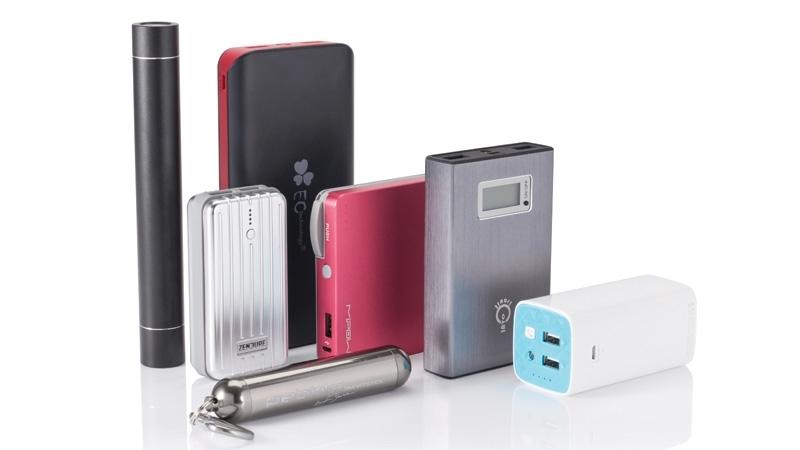
After the terrorist events across the world this past week, I think it is prudent to be prepared for a situation where you experience a natural or human emergency. (This is coming from someone who has lived in two war zones and travelled through multiple other war areas and disasters!)
- Check travel warnings for natural disaster warnings, violence, political unrest and wars before you travel. It amazes me that I talk to tourists who arrive in a country oblivious that only weeks before there was a coup or hurricane or earthquake!

- Check Your Perception: despite the highly publicised and frankly awful, events of the recent months and years, travel is still much safer than it was 10, 20, 30 years ago. In fact, there are fewer air crashes, fewer terrorist activities globally, fewer motor accident deaths and fewer wars,
- Be alert but not alarmed
- Register with your country’s traveller enrollment program which allow your country to be in contact with you in an emergency

- Know the contact number(s) for the Embassy, High Commission or Consular office in the city you are visiting. I type/upload them into my literary documents:

- Know the Emergency Police, Fire, Ambulance numbers in your destination
- Tell people where you are, especially if you deviate from an original plan. There are too many occasions when I hear of parents frantically searching for a son or daughter who has in fact gone on a spontaneous journey far from the disaster site!
- Give a contact email address (that you actually check) and phone number to your close friends and family (whether it is the hotel number or a cell phone sim that is activated in your destination country
- Subscribe to a reliable global news service -I use the BBC
- Back up your travel documents on-line
- Keep a spare phone power bank to keep your phone charged should the power go out. If it does go out or you cannot easily get power, disable all unnecessary apps to preserve power
- Mark yourself “safe” on Facebook Safety Check if it has been activated for your area

- Always have a stash of emergency cash should you need to get to the airport or train station in a hurry and do not have access to ATMs or CreditCards
- Have a “code word” that a family member knows (do not have multiple people knowing it). Make sure it is a word you would normally never use. If you are in a situation where you need assistance but do not want the people around you to know you are calling for help, call or text or email that person with that code word
- Have your travel insurance company policy number and contact details available (I put into my travel itinerary documents and have uploaded to my google docs)
Related Posts
- US Tornado App
- Will I keep flying?
- Lessons from “The Embassy” -seeing others get into trouble gives us some tip
- Don’t Be a Tourist Target!
- Stay Well En Route
- Back up Your Documents




Thanks so much for this Martin. My daughter and her friends are travelling to London in a few weeks and this information will be invaluable to them.
Donna, I wish them a great trip!
Terrorist attacks decreased? Well, yes and no….Read the complete context of the article at jewishvirtuallibrary.org.
* In several countries, including Afghanistan, Bangladesh, Egypt, the Philippines, Syria, and Turkey, terrorist attacks and total deaths increased.
Moreover, their statistical analysis only covers incidents up and to June 2016. Considering all of the numerous recent attacks and kidnappings I would believe their 2017 analysis will show a marked increase.
I will still travel, but Afghanistan, Bangladesh, Egypt, the Philippines, Syria, and Turkey will not be on my bucket list.